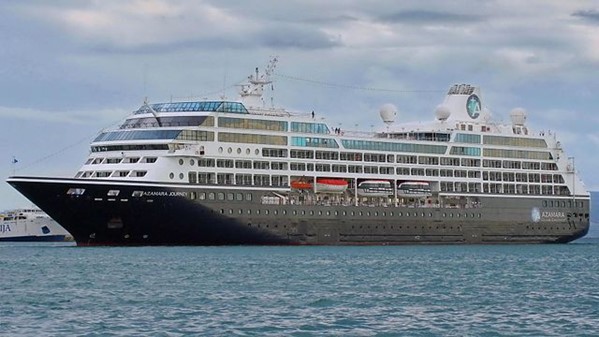Destinations around the world are reporting significant advances in sustainable tourism, with timely evidence and analytics serving as key tools for transformation as the sector’s recovery continues to get underway. Meeting in Madrid, the World Tourism Organization’s (UNWTO) International Network of Sustainable Tourism Observatories (INSTO) welcomed insights from more than 150 experts, with a focus on key topics including the shift towards a circular economy and reducing food waste across the sector.
The global network of INSTO Observatories is pioneering and implementing, very often for the first time, catalytic activities designed to help the tourism sector implement sustainable development at the destination level. Together, they are leading the transformation of tourism by building on the principles of participatory approaches including all stakeholders to ensure an inclusive and resilient tourism development.
The Observatories are an excellent tool for guiding and accompany this change and ensure evidence-based decision- making. UNWTO Secretary- General Zurab Pololikashvili said: “To ensure the sustainable transformation of the tourism sector, its development must be seen as a means to achieve the overall prosperity of a local community and the surrounding environment rather than a goal in itself. The Observatories are an excellent tool for guiding and accompany this change and ensure evidence-based decision- making.”
Sustainable production and consumption
At the Global INSTO Meeting, destinations focussed on how a timely and evidence-based approach is helping stimulate circular economy processes that result in using resources such as water and energy more efficiently. In addition, challenges in the environmental and social dimensions and the need for indicators that allow for comparability among destinations were highlighted.
Another topic was the availability of data from a growing variety of data-sources, making it increasingly difficult to process them into useful information needed for an informed decision- and policy- making process. It was agreed that all of these issues will be addressed in the INSTO Network through webinars and technical discussions.
Network keeps growing
Within the framework of the meeting, the Center of Tourism Economics of the State of Sao Paolo in Brazil and the Biscay Tourism Intelligence System in Spain were officially welcomed as new members of the Network. Both destinations have based their commitment to sustainable tourism development on participatory approaches, evidence generation and transparency, all three important requirements for membership.
The meeting was also an opportunity to introduce the five members who have joined since 2021: Mallorca, Barcelona and Málaga from Spain, the Yukon from Canada and Bogotá in Colombia.



 share
share










































